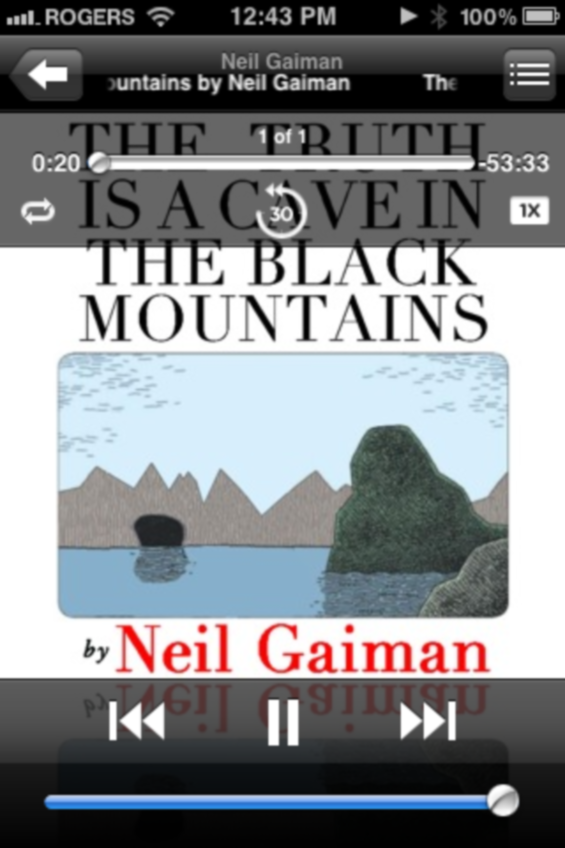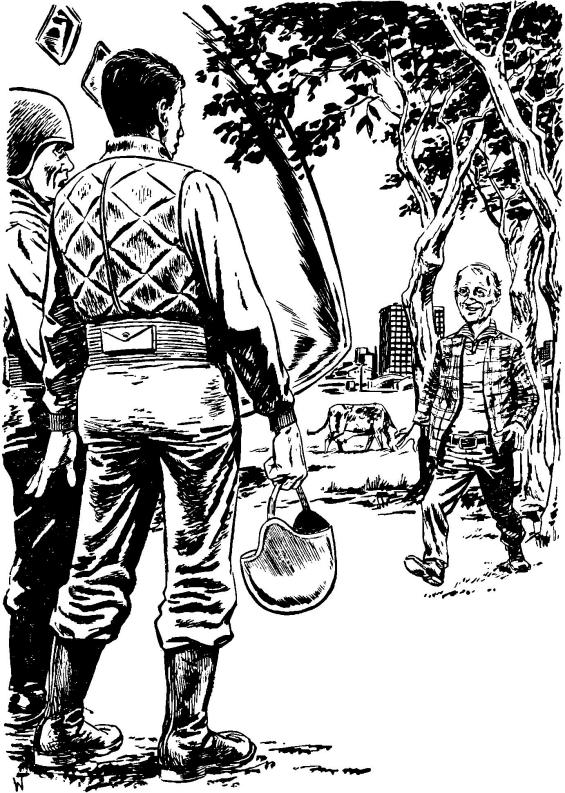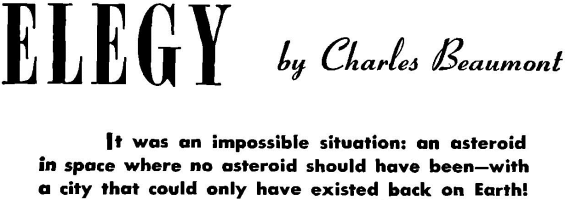
I just got an email from a friend of the site. He had this to say:
So, in between listening to Carlin’s podcast [Dan Carlin’s Hardcore History], and the Mindwebs episode I’m including here, I remember something one of your guests said during one of your podcasts. It might have been Gregg, and I can’t remember which podcast, but he said something to the effect that human bodies are vessels to carry ideas into the future, so that bodies are irrelevant, beyond that purpose. That’s a very interesting idea to explore, the pervasiveness of ideas, how once an idea is in the open, no amount of censorship can make it go away, and hence this Mindwebs episode.
My friend had added a recording as an attachment to the email, and after scanning it for viruses, I listened to it.
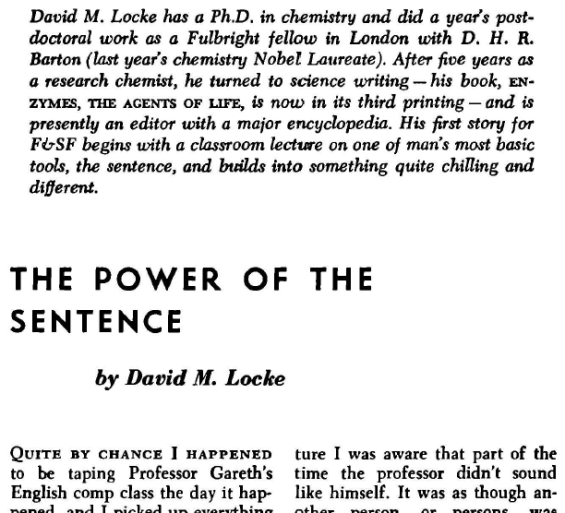
Contrary to my anti-virus software’s opinion the audio does contain a danger.
And now after sharing that warning sentence with you I should point out that The Power Of The Sentence was David M. Locke’s only Science Fiction work. I’m wondering now if perhaps the story was not fiction, and that maybe the story was finished by a student of his.
Here are the details…
 Mindwebs – The Power of the Sentence
Mindwebs – The Power of the Sentence
By David M. Locke; Read by Michael Hanson
1 |MP3| – Approx. 28 Minutes [DRAMATIZED READING]
Broadcaster: WHA Radio (Madison, WI)
Broadcast: April 21, 1978
Provider: Archive.org
An English professor lecturing about the use of sentences finds his examples are taking on a life of their own. First published in the April 1971 issue of Fantasy & Science Fiction
Incidently, more details about Mindwebs are available at the OTRPlotSpot.com.
[Thanks Mel … I think … We think.]
Posted by Jesse Willis

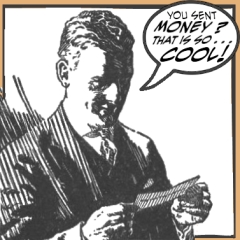 For nine years SFFaudio has been giving and giving and giving – and all we’ve gotten from it is a fun hobby, some so-called “internet” friends, and the occasional regular stack of audiobooks.
For nine years SFFaudio has been giving and giving and giving – and all we’ve gotten from it is a fun hobby, some so-called “internet” friends, and the occasional regular stack of audiobooks. 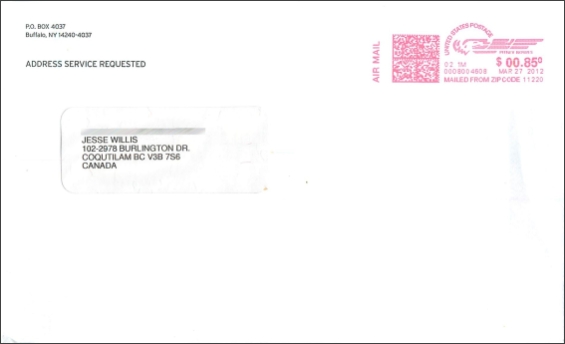


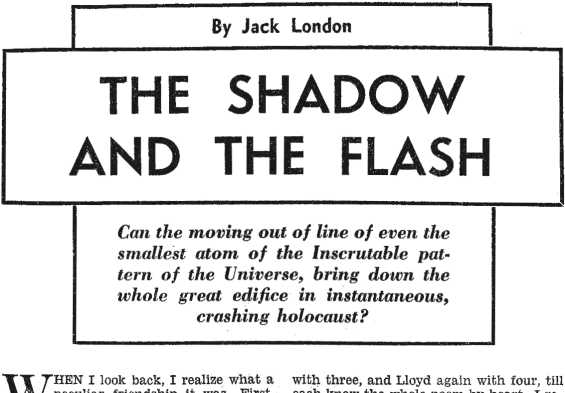
 The Shadow And The Flash
The Shadow And The Flash



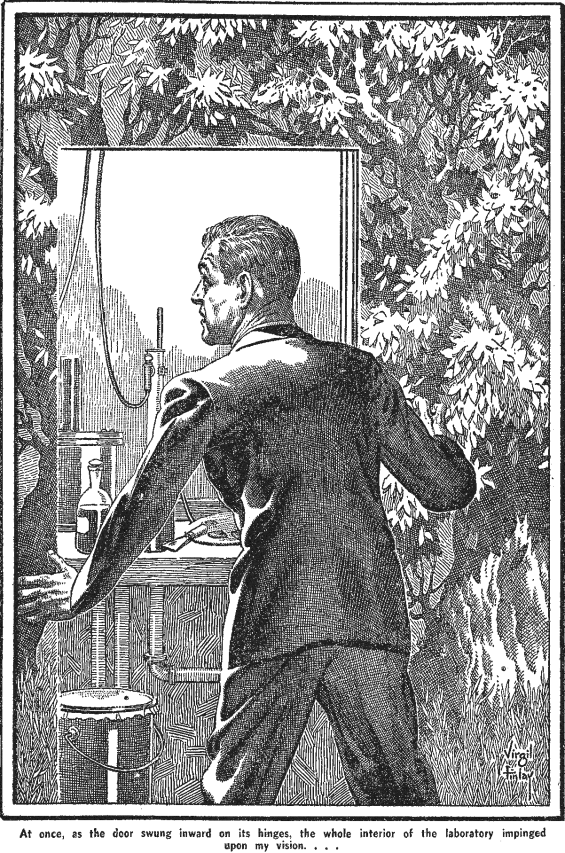
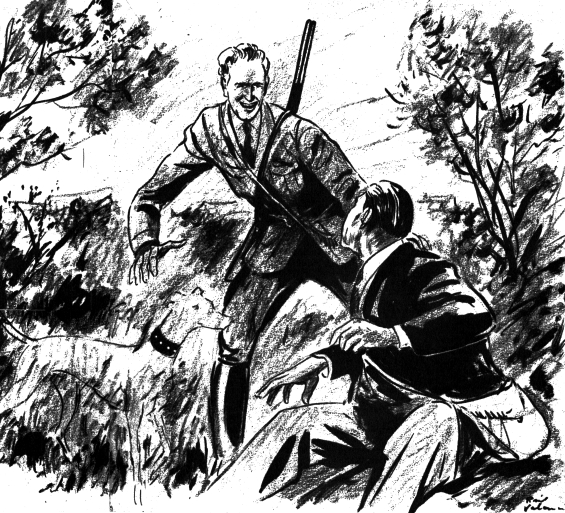
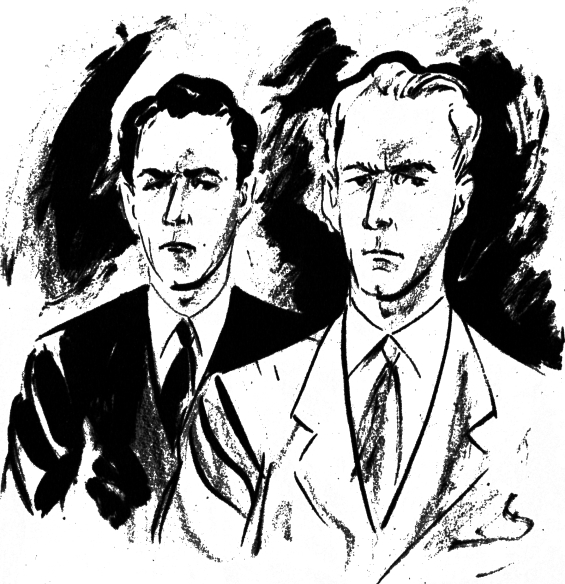

 The latest StarShipSofa podcast,
The latest StarShipSofa podcast, 